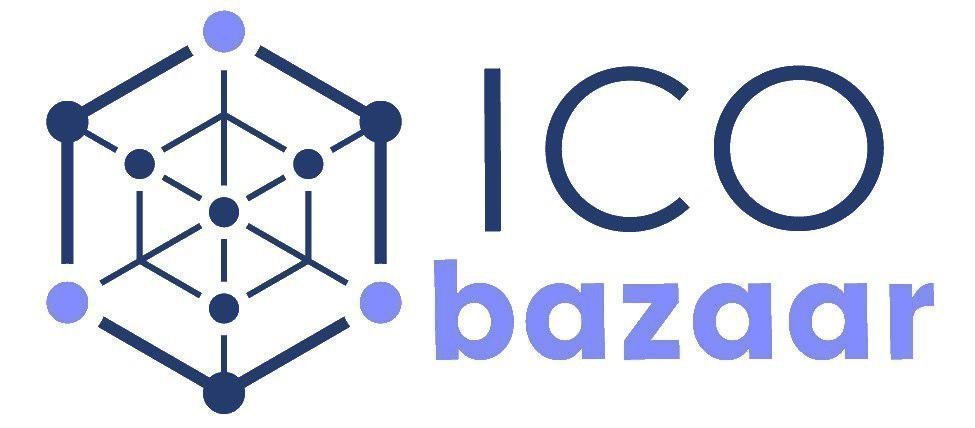The recent string of high-profile data breaches highlights the dire shortcomings of current data protection and storage methods. In summer 2017, cybercriminals breached Equifax’s secure servers and stole the sensitive personal information of 146 million Americans1. That information - Social Security Numbers, credit card details, dates of birth - could potentially be sold the dark web, putting the identities and financial security of millions of hard-working people at risk. In response to this crisis, governments and regulators are passing legislation that requires businesses to collect and store sensitive data more securely and to test existing methods of storage and manipulation of data and documentation - see, for example, the EU’s General Data Protection Regulation.
Events like these demand that we make radical and fundamental changes to how we store and guard our identities. The problem is not only that data storage and protection procedures of enterprises like Equifax aren’t broad or rigorous enough. The issue lies in the overall method in which these companies store, guard, and transmit data.
Every time a person transacts with a bank, credit agency, government, or online retailer, that organization generates and stores a copy of that person’s information following a number of rules and regulations according to the specifics of the interaction. The result is a world of enormous digital fortresses, each holding a duplicate of the identity of anyone who has ever been a customer. These fortresses - the centralized servers that hold all our information - are rich, obvious targets for cybercriminals. No matter how many digital moats, archers, and catapults the defenders build and deploy, the attackers will keep coming. And a single breach of any one of these fortresses can result in the loss of millions of identities.
Developers can harness blockchain technology to give individuals further ownership of their personal information, and enable them to store that information in a distributed ledger, thus helping effectively mitigate the risk of identity theft. To achieve this goal, many organizations have launched blockchain-based platforms over the past year; several of them have also had successful coin offerings. Peer Mountain goes beyond providing users with further ownership and control over their cryptographically secure identities, offering an end-to-end application ecosystem designed to facilitate the commerce and exchange of digital and physical services. It facilitates trust and the secure sharing of information with multiple independent parties across broad networks while preserving traceability and compliance at every end of the transference of data.
Peer Mountain is the first decentralized peer-to-peer trust marketplace that connects self- sovereign identity owners with regulatory-compliant service providers, and opens a new paradigm for how and where individuals and organizations conduct business.















